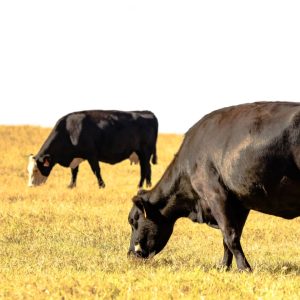 The Benefits of Fall Forage for Your Livestock: Fall is just around the corner, and that means it’s time to start thinking about fall forage for your livestock. As the temperature cools and the days get shorter, it’s important to ensure that your animals are getting the right nutrients to maintain their body condition going into the winter months. Let’s go over some of the benefits of fall forage! Check out all things related to animal health available at Kissimmee Valley Feed here.
The Benefits of Fall Forage for Your Livestock: Fall is just around the corner, and that means it’s time to start thinking about fall forage for your livestock. As the temperature cools and the days get shorter, it’s important to ensure that your animals are getting the right nutrients to maintain their body condition going into the winter months. Let’s go over some of the benefits of fall forage! Check out all things related to animal health available at Kissimmee Valley Feed here.
Nutritional Benefits
Fall forage is an excellent source of nutrition for your livestock. It’s packed with nutrients that can help them maintain their body condition and keep them healthy throughout the winter. For example, clover is a great source of protein and energy, while alfalfa is high in calcium and phosphorus. Rye grass, on the other hand, is an excellent source of fiber and can help keep your animals’ digestive system healthy.
Cost-Effective
Fall forage can be a cost-effective way to feed your animals. Growing your own forage can be cheaper than purchasing feed from a store, and it can also help you save on labor costs. Furthermore, depending on where you live, fall forage can often be grown as a double crop, meaning you can get more than one harvest per year from the same field.
Environmentally Friendly
Growing your own fall forage is also environmentally friendly. By growing your own forage, you can reduce your carbon footprint by eliminating the need for transportation of feed. Additionally, fall forage can help improve soil health and prevent soil erosion, which can help to preserve the environment for future generations.
Improves Livestock Health
Fall forage can also help to improve your animals’ overall health. A diet rich in fall forage can help to boost their immune system, making them more resistant to diseases and infections. Additionally, fall forage can help to promote healthy weight gain and improve milk production in dairy cows.
Versatile
Finally, fall forage is incredibly versatile. Depending on your animals’ nutritional needs, you can choose to grow a variety of different forages. This means you can customize your feeding program to meet the specific needs of your animals, ensuring that they stay healthy and happy throughout the fall and winter months.
Fall forage is an essential part of any livestock feeding program. It’s not only nutritionally beneficial but also cost-effective and environmentally friendly. So, as the autumn season approaches, be sure to start thinking about fall forage for your livestock. Your animals (and your wallet) will thank you for it!





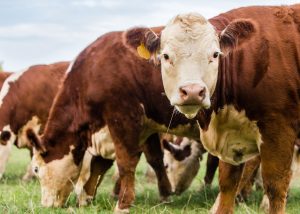 Avoid the summer pasture slump! The sight of fresh, green pastures as the summer months approach can be a welcome sight for many cattle producers. Especially after feeding costly forages throughout the winter.
Avoid the summer pasture slump! The sight of fresh, green pastures as the summer months approach can be a welcome sight for many cattle producers. Especially after feeding costly forages throughout the winter.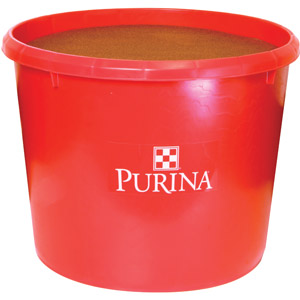 Come Rain or Shine: Altosid IGR Field Study – Much like the weather, fly populations can be a bit unpredictable during certain times of year. That’s often been the case with horn flies on pasture cattle. Populations have been known to rise after heavy rainfall events. This has created some mild concerns as producers question whether their feed-through fly control products are working effectively. To learn more,
Come Rain or Shine: Altosid IGR Field Study – Much like the weather, fly populations can be a bit unpredictable during certain times of year. That’s often been the case with horn flies on pasture cattle. Populations have been known to rise after heavy rainfall events. This has created some mild concerns as producers question whether their feed-through fly control products are working effectively. To learn more, 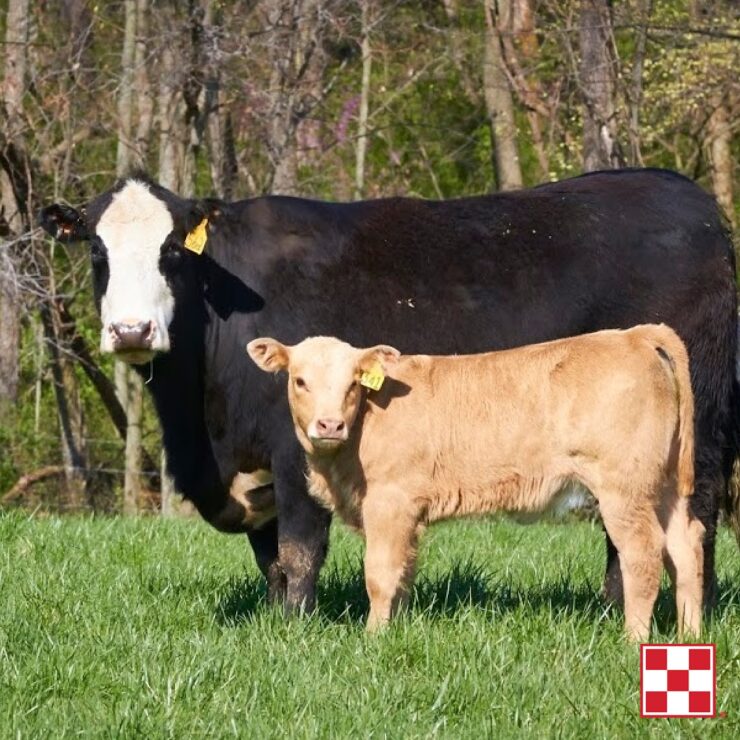 Cattle Mineral Tips for Spring: As winter shifts to spring, it’s time to take a look at cattle management. Specifically, your cattle mineral program. Make sure cattle management, and cattle mineral, reflect the season to help keep cattle performing year-round.
Cattle Mineral Tips for Spring: As winter shifts to spring, it’s time to take a look at cattle management. Specifically, your cattle mineral program. Make sure cattle management, and cattle mineral, reflect the season to help keep cattle performing year-round.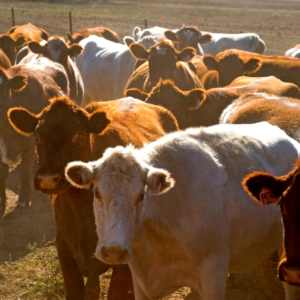 Vaccinate Your Cattle This January: As we start a new year, it’s important for cattle farmers to start thinking about vaccinating their herds. Vaccinating your cattle is one of the most important things you can do to protect their health, and ultimately, your livelihood. Let’s explore why January is a good time to start thinking about vaccinating your cattle, what vaccines are available, and how to determine which vaccines are right for your herd.
Vaccinate Your Cattle This January: As we start a new year, it’s important for cattle farmers to start thinking about vaccinating their herds. Vaccinating your cattle is one of the most important things you can do to protect their health, and ultimately, your livelihood. Let’s explore why January is a good time to start thinking about vaccinating your cattle, what vaccines are available, and how to determine which vaccines are right for your herd.